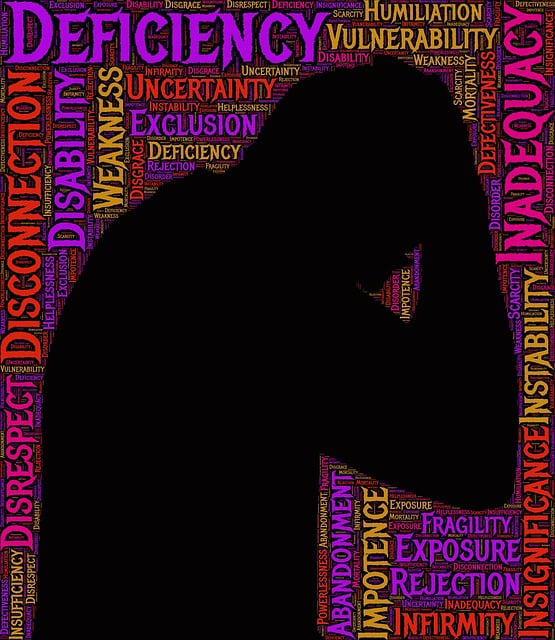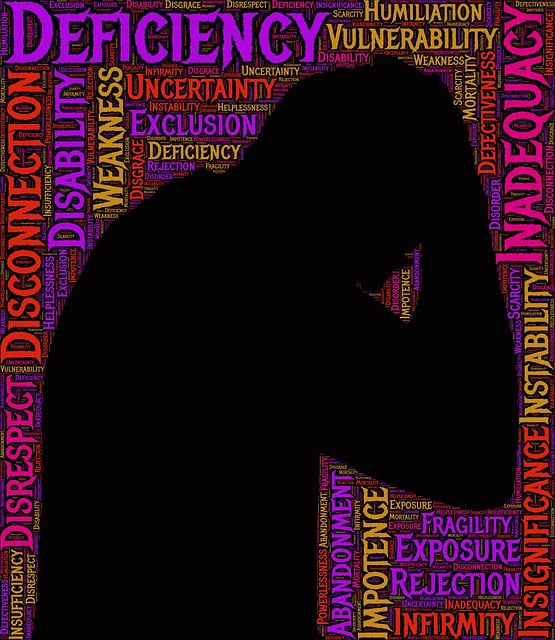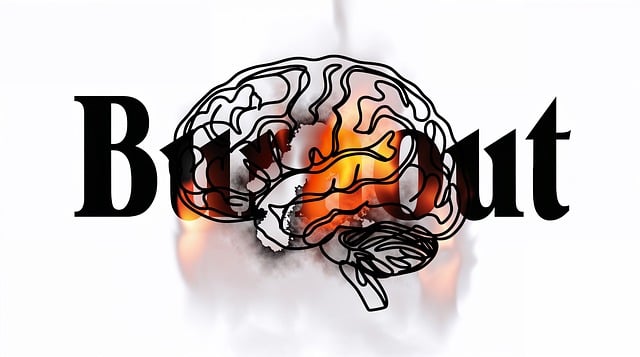In recent years, media representation of mental illness has improved but still falls short in accuracy. Organizations like Littleton Parenting Skills Therapy are addressing this through evidence-based practices, normalizing conversations about mental health to reduce stigma. This therapeutic model teaches parents strategies to support loved ones with mental health challenges, fostering empathy and understanding within families. As a result, media portrayals evolve towards more accurate and empathetic depictions, promoting a culture of support and acceptance, while also educating the public on effective coping techniques.
Mental illness representation in media has long been a topic of debate, with stereotypes often perpetuating stigma. This article explores strategies to challenge these narratives, focusing on the positive impact of evidence-based approaches like Littleton Parenting Skills Therapy. We delve into the current landscape of media portrayal, its influence on public perception, and present effective solutions for more accurate and empathetic representation. By promoting understanding and dispelling myths, we aim to foster a more inclusive and supportive society.
- Understanding Mental Illness Representation in Media: The Current Landscape
- The Role of Littleton Parenting Skills Therapy in Challenging Stereotypes
- Effective Strategies for Positive Media Portrayal and Education
Understanding Mental Illness Representation in Media: The Current Landscape

In recent years, there’s been a growing awareness of the impact media representation has on our understanding of mental illness. The current landscape presents a mix of narratives—from stigmatizing stereotypes to more nuanced portrayals. However, many media depictions still fall short in accurately reflecting the complexities and diversities of mental health experiences. This is particularly evident in popular culture, where conditions like depression, anxiety, and even severe psychoses are often oversimplified or misrepresented. The absence of accurate representation can lead to further stigma, misunderstanding, and a lack of empathy among the general public.
Littleton Parenting Skills Therapy and other similar initiatives recognize this challenge and aim to counter it through evidence-based approaches like Mindfulness Meditation and Compassion Cultivation Practices. By integrating Communication Strategies that foster open dialogue, these programs seek to normalize conversations about mental health while promoting understanding and support. This shift towards more thoughtful representation in media is crucial, as it can significantly influence public perception and, ultimately, the approach to seeking help for those struggling with their mental well-being.
The Role of Littleton Parenting Skills Therapy in Challenging Stereotypes

Littleton Parenting Skills Therapy plays a pivotal role in challenging and reshaping stereotypes associated with mental illness, particularly in media portrayal. By focusing on evidence-based practices, this therapeutic approach equips parents and caregivers with essential tools to support individuals struggling with various mental health challenges. Through Littleton Parenting Skills Therapy, participants gain an understanding of the intricate dynamics of mood management, conflict resolution techniques, and coping skills development.
This therapy goes beyond surface-level interventions by fostering a deeper sense of empathy and awareness among family members. By learning effective communication strategies, conflict de-escalation methods, and adaptive coping mechanisms, parents become powerful advocates for their loved ones’ mental well-being. Consequently, the media’s portrayal of mental illness is gradually shifting towards more nuanced and realistic depictions, challenging outdated stereotypes and promoting a culture of understanding and support.
Effective Strategies for Positive Media Portrayal and Education

Media has a powerful impact on shaping societal perceptions and attitudes towards mental health. Therefore, it’s crucial to advocate for Littleton Parenting Skills Therapy and similar initiatives that promote positive media portrayal and education. Effective strategies include showcasing diverse narratives of individuals with mental illness, emphasizing recovery and resilience, and providing accurate information about various conditions. By humanizing these experiences, media can reduce the mental illness stigma reduction efforts and foster empathy among audiences.
Incorporating realistic yet hopeful depictions of therapy, support systems, and coping mechanisms can educate viewers on effective depression prevention strategies and conflict resolution techniques. This shifts the narrative from stigmatization to awareness and understanding, ultimately contributing to a more supportive environment for those facing mental health challenges.
In conclusion, improving mental illness representation in media is a multifaceted challenge that requires both critical consumption and responsible creation. By recognizing and challenging stereotypes through innovative approaches like Littleton Parenting Skills Therapy, we can foster more accurate and empathetic portrayals. Implementing effective strategies for positive media portrayal and education will ultimately contribute to a more inclusive and understanding society, ensuring those struggling with mental health issues receive the support and respect they deserve.









